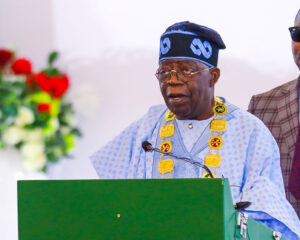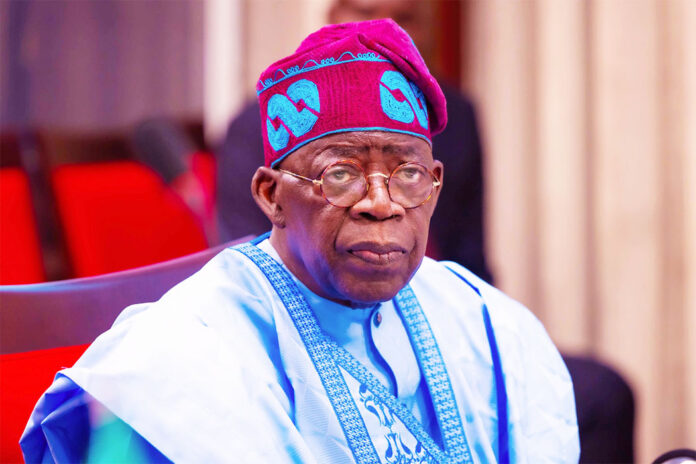As President Bola Tinubu marks one year in office, Nigeria’s education sector remains plagued by challenges, despite his campaign promises of “renewed hope.” The appointment of Tahir Mamman and Yusuf Sununu as Education Minister and Minister of State, respectively, has not yielded the desired improvements.

The dissolution of governing councils of tertiary institutions and increased fees across academic institutions have sparked controversy. Critics argue that these decisions have hindered decision-making, led to industrial actions, and placed a significant burden on students.
The delay in appointing substantive heads for educational agencies has exacerbated the sector’s problems, stalling decision-making and impacting recruitment. The absence of governing councils has led to controversies in appointing vice-chancellors and other administrative positions, causing unrest in institutions.
Despite President Tinubu’s directive to halt arbitrary fee hikes, universities continue to raise fees due to dwindling government allocations and rising operational costs. The ongoing abductions of students, particularly in the north-western region, pose a severe threat to the safety and well-being of students, undermining the stability of the education sector.
While there have been some positive steps, such as the reconstitution of governing councils and the initiative to provide interest-free student loans, the implementation of these schemes has faced delays and criticisms.
The 2024 education budget allocation falls short of UNESCO’s recommendation, limiting the potential for significant improvements in the sector. Experts describe Mr. Tinubu’s performance in the education sector as underwhelming, highlighting issues such as unpaid staff arrears, dilapidated infrastructure, and the unsustainable student loan scheme as major concerns.
As Mr. Tinubu’s tenure continues, stakeholders hope for more decisive actions to address these issues and fulfill the promise of “renewed hope” for Nigeria’s education sector. The government must prioritize the education sector, address the ongoing challenges, and ensure that Nigeria’s future generations receive quality education.




